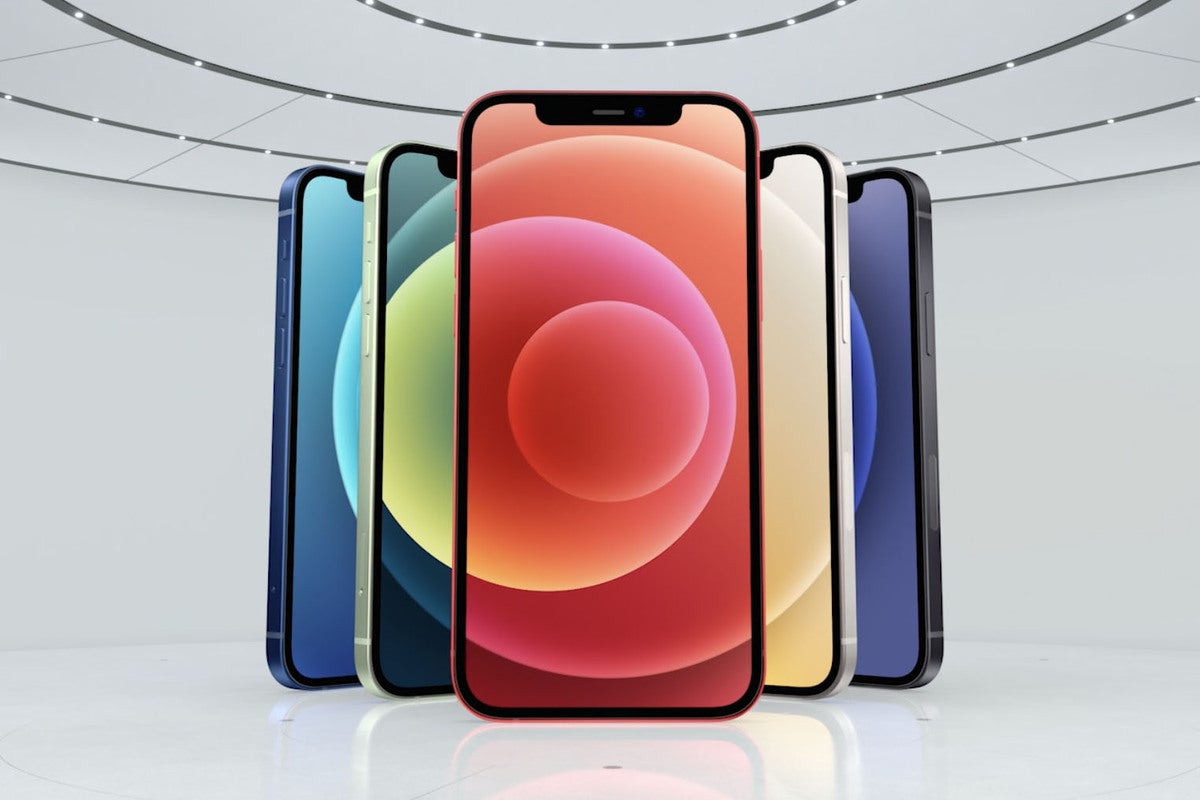Apple faces an EU-wide demand to update its old iPhone rather than engage in a costly product recall.
What’s up with the iPhone radiation story? On the eve of Apple’s big iPhone 15 reveal, France demanded the company remove iPhone 12 from sale in that country because it said the product radiates too much.
Now that demand seems to be spreading across Europe.
What’s happening here?
The story so far
ANFR, the French agency that regulates these things, claims that certain iPhone 12 models emit unacceptable levels of electromagnetic radiation. The regulator subsequently ordered Apple to halt all sales of that model as of Sept. 12, pending a fix. Apple denied the claim, citing numerous radiation studies of its own, and now promises a software patch to bring the device into line with French regulations. But questions are now being asked across the EU, with Italy, Germany, and Belgium demanding a similar software patch.
With that in mind, it seems important to note that both the French regulator and Apple say there is no danger to public health from the radiation.
Which begs the question as to why a ban on sales is required.
What France said
The French agency claimed the iPhone 12 failed one of two types of tests for radiation. According to the agency statement, the device exceeded the Specific Absorption Rate (SAR) value with a 5.74 W/kg compared to the regulatory ceiling of 4W/kg. The results imply the device generates too much radiation when in your hand or pocket.
However, the regulator also described the problem as being caused by a succession of software updates since the device was originally introduced.
The French digital affairs minister even said the radiation emitted by iPhone 12 is still lower than what scientific studies see as potentially harmful to people. Incredibly, given all the media coverage this has generated, the radiation agency says its tests don’t even reflect typical smartphone use.
What Apple said
Apple was understandably a little shocked by the claims, particularly as they emerged within minutes of it launching the iPhone 15. From the company’s point of view, it engages in a stringent series of tests to ensure new products meet regulations in every country in which its devices are sold.
“Since it was introduced in 2020, iPhone 12 has been certified and recognized as meeting or exceeding all applicable SAR regulations and standards around the world,” Apple said in a statement following the declaration. "This is related to a specific testing protocol used by French regulators and not a safety concern. We will issue a software update for users in France to accommodate the protocol used by French regulators.”
"Apple has assured me that it will implement an update for the iPhone 12 in the next few days," said digital minister Jean-Noel Barrot.
What is the problem?
The French decision to order Apple to cease selling that model of iPhone would have become a blanket ban on sales of the device across all 27 EU member states after three months.
In addition to which, if Apple were unable to patch its device to bring it in line with French law, it would have been forced to engage in an expensive product recall of already-sold iPhone 12 devices from across the EU, which would be one major PR problem for anyone. At least, it might be if the problem actually were severe, which this software-based problem doesn't appear to be; that's why Apple can fix it with a software patch.
However, Apple’s original intention to update the device in France may ultimately need to be extended to at least some other European nations.
On a more general note, before the usual tinfoil hat arguments concerning smartphone use begin, it seems appropriate to observe that many, many studies from the World Health Organization have identified no adverse health effects from mobile phone use.
What I think
“Je pense que ce n'est rien de plus qu'une tempête dans une tasse de thé,” as the French might say. (I think it's nothing more than a storm in a teacup.)
Particularly when France’s own regulator confirms there’s no threat to health, and the problem can be resolved with a patch.
Indeed, if I were Apple, rather than nit-picking over which countries get that patch, I’d push it out fast and push it out globally to pinch the life out of the story. That’s while the company’s other teams work to keep the Apple Store online in the face of what appears to be undented demand for iPhone 15. C’est la vie, n’est pas? C’est la vie.
Quel dommage!
- Mutton
-

 1
1



Recommended Comments
There are no comments to display.
Join the conversation
You can post now and register later. If you have an account, sign in now to post with your account.
Note: Your post will require moderator approval before it will be visible.